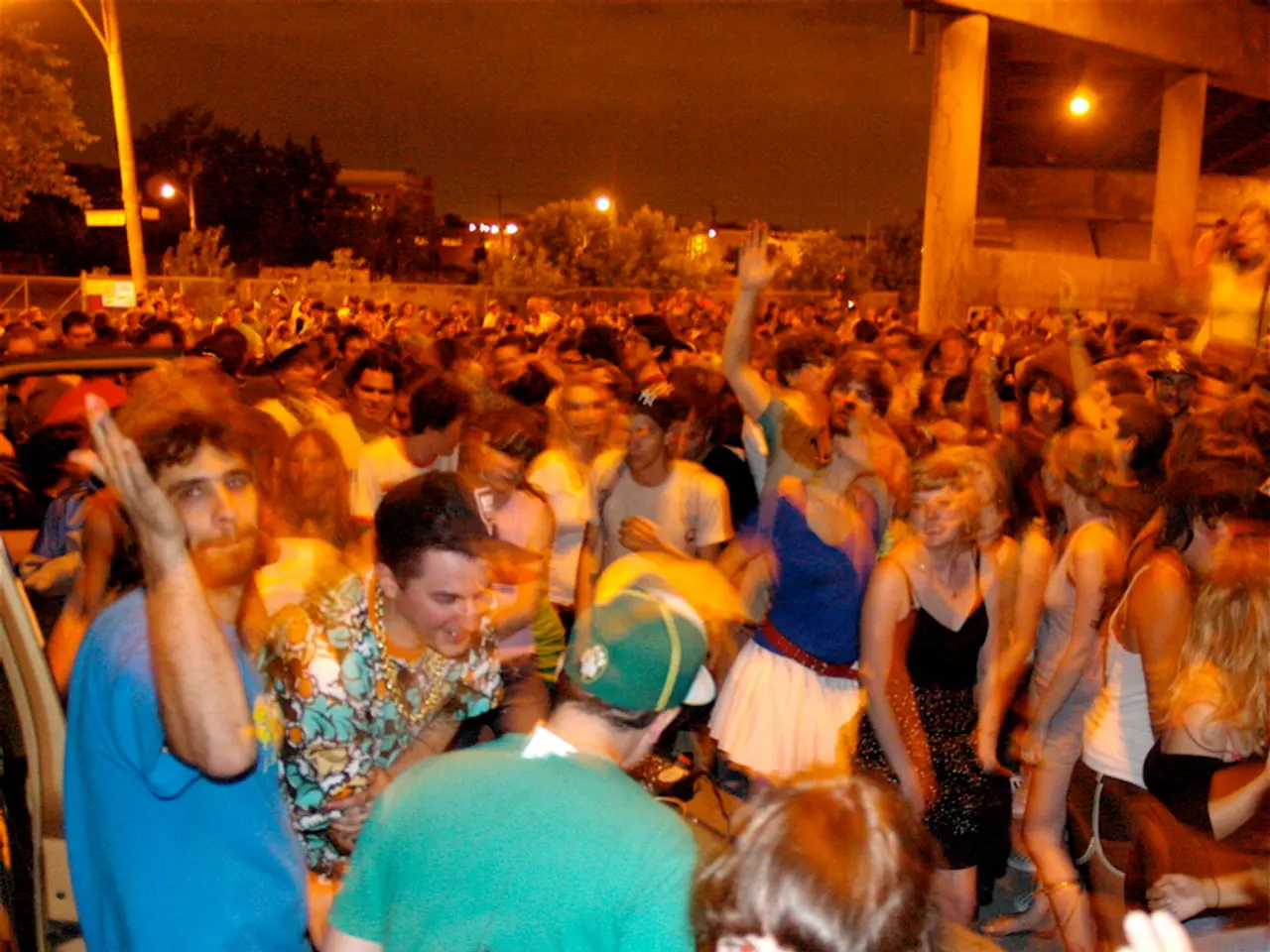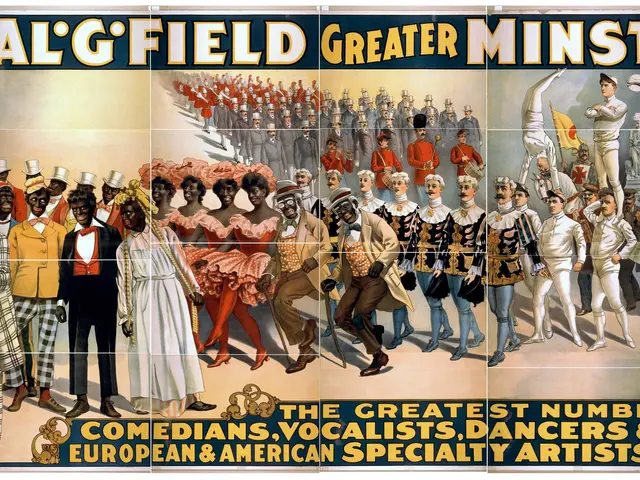Unveiling the Orchestra of Noise: The Inner Workings of Music Events Revealed
Music Festivals: A Comprehensive Look at Their Operations
Music festivals are more than just a gathering of music lovers; they are a well-oiled machine that requires careful planning, execution, and evaluation.
Essential Services
At the heart of any music festival lies the medical team, providing immediate care for any injuries or illnesses. Logistics form the backbone, encompassing power generation, water supply, waste management, and security. A detailed site plan is crucial, mapping out every element of the festival grounds to ensure smooth operations and efficient flow of attendees.
The Art of Talent Buying
Talent buyers work tirelessly to secure artists who align with the festival's brand and appeal to its target audience. The artist booking process involves identifying potential artists, contacting their management agencies, and negotiating contracts. The musical lineup is arguably the most crucial element for attracting attendees.
Sustainable Practices
Festivals are adopting sustainable practices to mitigate their environmental impacts. This includes waste reduction initiatives, energy-efficient lighting and sound systems, carbon offset programs, recycling programs, and promoting eco-friendly practices. Music festivals are increasingly focusing on sustainability and minimizing their environmental impact.
Revenue Streams
Ticket sales are the primary source of revenue for most music festivals, with a variety of ticket options offered. Sponsors provide a significant source of revenue, contributing to their financial viability through financial contributions and in-kind support. The vendor village provides attendees with a variety of food, beverages, merchandise, and other services.
Safety and Security
Safety and security are paramount concerns for any music festival. Comprehensive security plans are developed in collaboration with local law enforcement and private security firms. Medical staff is on-site to provide immediate care for any injuries or illnesses.
Building Awareness and Engagement
Social media plays a crucial role in building awareness and excitement for the festival. Post-festival analysis is crucial for evaluating the success of the event and identifying areas for improvement. Feedback is collected from attendees through surveys and social media monitoring to gain insights into what worked well and what could be improved in future years.
The Big Picture
The production of a music festival involves a diverse range of roles and responsibilities, including festival directors, producers, production managers, stage managers, marketing and promotion managers, sponsorship managers, volunteer coordinators, security personnel, medical staff, sound engineers, and lighting technicians. Securing a suitable location is essential, as it must accommodate stages, camping areas, vendor stalls, parking, and essential infrastructure. The initial concept of a music festival defines its identity, target audience, musical genre focus, and overall atmosphere.
Planning for Success
Important steps for planning a large-scale music festival include setting a realistic budget, selecting an optimal date considering availability of locations, key participants, and service providers, having a contingency plan for bad weather, and allowing sufficient lead time for preparation, often several months.
In essence, a music festival is a complex, yet harmonious dance of various elements. From the artists on stage to the attendees enjoying the music, every aspect plays a crucial role in creating an unforgettable experience.








